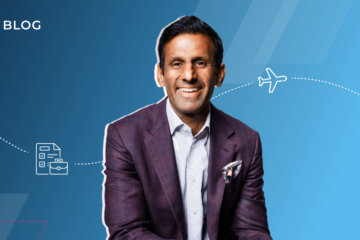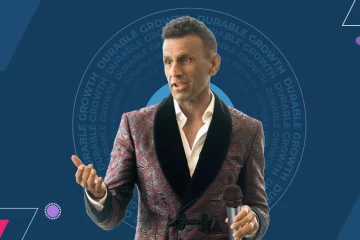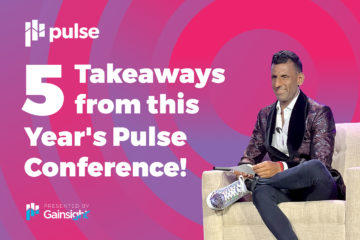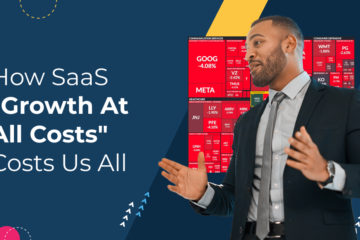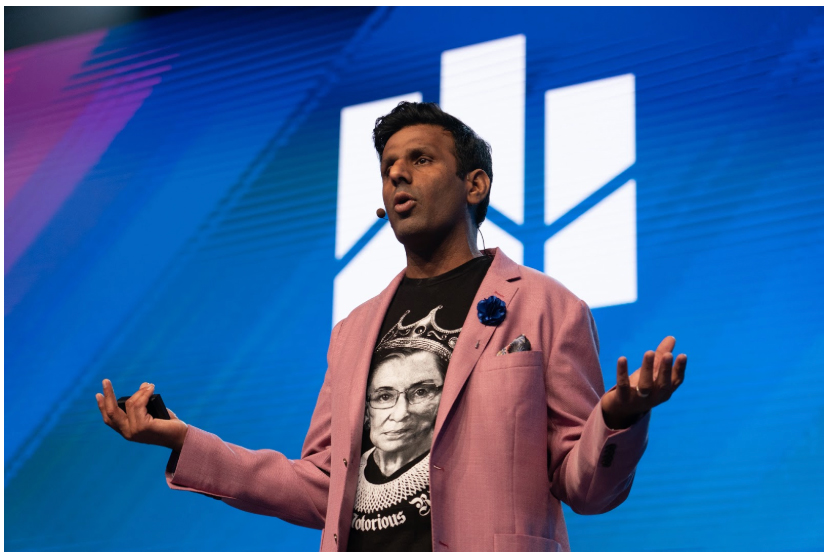
I remember the moment vividly. My dad and I were in our living room in Pittsburgh, PA. I was 6 years old. And Bill Gates was on the cover of Time Magazine.
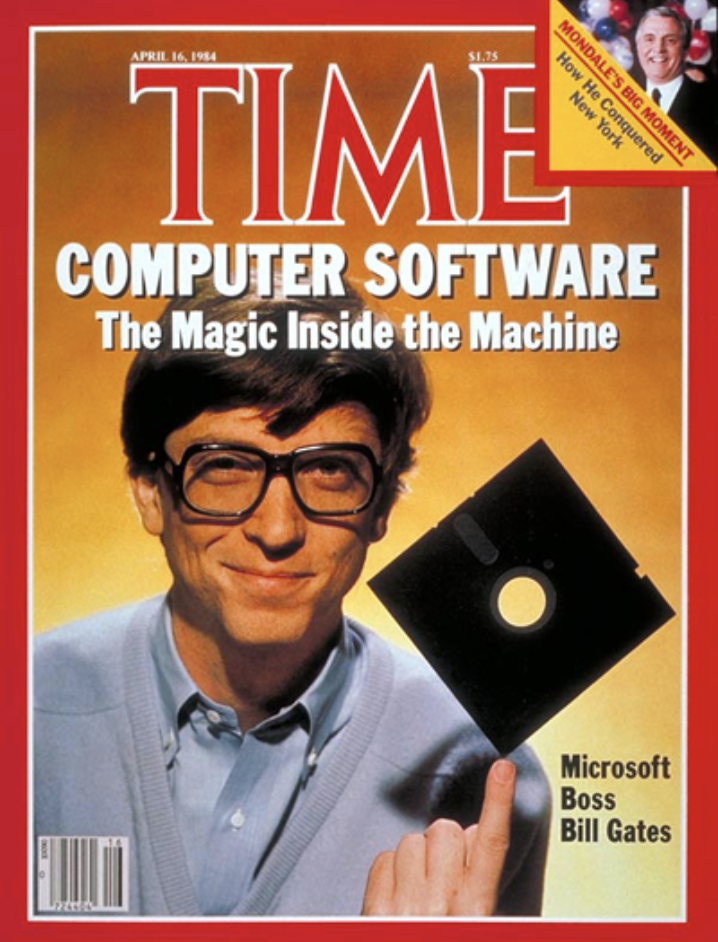
I remember the moment vividly. My dad and I were in our living room in Pittsburgh, PA. I was 6 years old. And Bill Gates was on the cover of Time Magazine.
My dad said, “He’s only 28 and he’s a billionaire. I’d love to see you doing something like this. Maybe you can be one of the greatest.”
As you can tell, the bar was set pretty low for me.
Fast forward 36 years—I’m in Palo Alto and have a wonderful life largely due to great parents and good luck. We have so many comforts and blessings in our life.
But I often think back to that childhood moment. If Bill Gates is the standard, how can I ever live up? The challenge is made more vivid by the fact that just a few miles away from me live the founders of Facebook, Google, LinkedIn, and many other iconic, world-changing companies.
How can you be one of the greatest when you live in the shadows of all of these giants? At some point, being the “greatest” goes from seeming like the childish-but-endearing long-shot dream of a 6-year-old to the impossible hallucination of a middle-aged person.
I’m sure athletes go through this all the time. You might be good in your league, but there’s always a next level—from middle school to high school to college to the pros to the hall of fame. It never ends. And even if you reach the top, the next generation will surpass you.
So how can one be great in a world filled with greats?
I’m personally inspired by the idea of a polymath. According to Wikipedia, “A polymath is an individual whose knowledge spans a significant number of subjects, known to draw on complex bodies of knowledge to solve specific problems.”
I like to think of a polymath as a Venn diagram.
Perhaps you are passionate about startups, design, and music—your polymath diagram might look like this:

I’m a huge believer in the now-common idea that in the new world of complexity, some of the greatest insights come from people who can combine multiple domains together. This is true in the sciences, in the arts and even in business.
For me, I find that my leadership in business is amplified by many of the other parts of my Venn diagram:
- My love for my family—and sadness at the kids growing up
- My obsession with NFL football—especially with my Pittsburgh Steelers
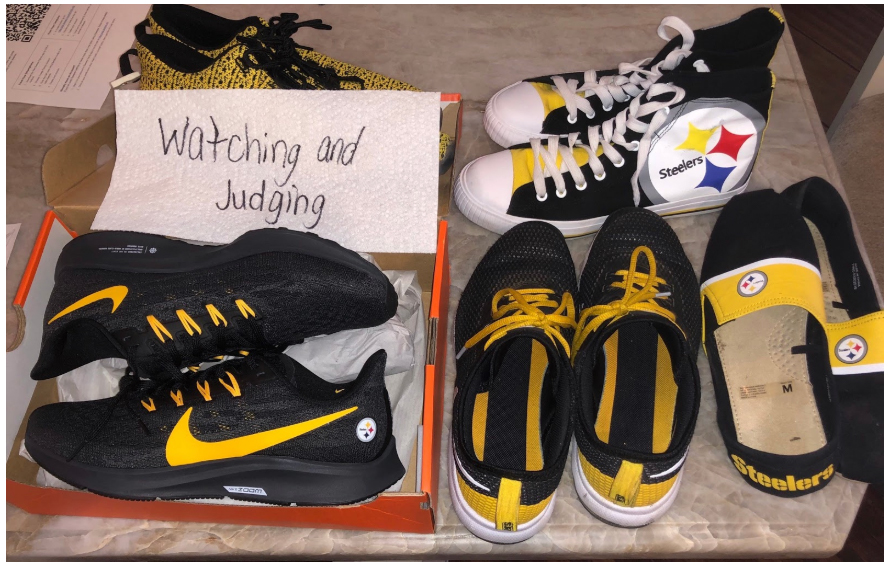
- My curiosity about philosophy—like the Ship of Theseus. Is A Company the Ship of Theseus?
- My interest in physics—like quantum mechanics. Einstein and the Physics of Software TAM.
- My dedication to feminism—and equality in the workplace.
- My addiction to fashion—and very loudly colored clothing.

- My adoration for pop culture—like Taylor Swift (here’s our customer success rendition of Blank Space).
- My futile and flailing attempts at hip hop—like my rap single.
My family keeps me grounded. Football helps me think through strategy and leadership. Philosophy helps me be more thoughtful about constructing the way Gainsight works. The sciences help me consider ways to think about and model our business methodically. Feminism and equality create a feeling of purpose for me in my work. Fashion lets me be myself. And Taylor Swift… well, she’s just awesome.
You could argue then that my Venn diagram is pretty unique:
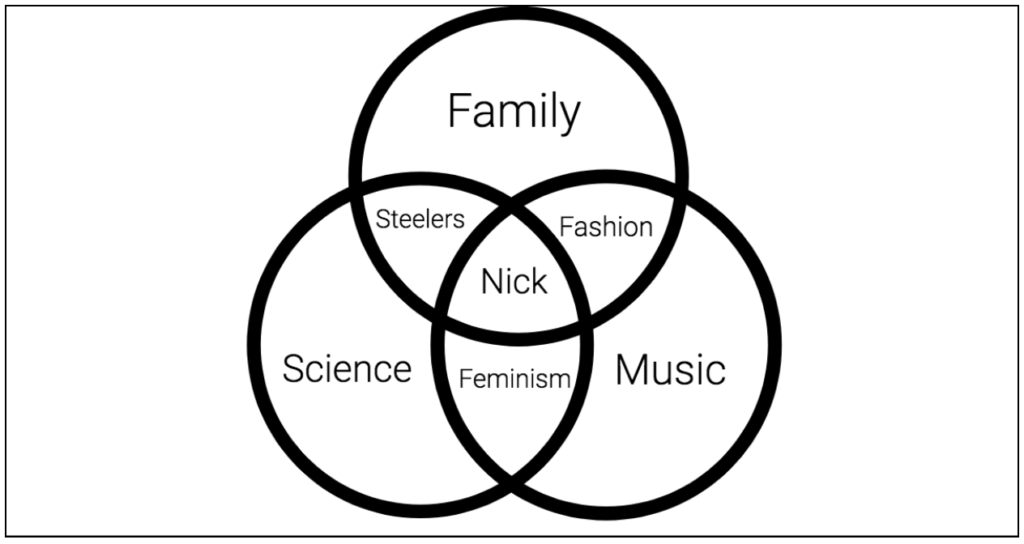
So maybe I never ended up on the cover of Time like Bill Gates (although there’s still… wait for it… time!). But maybe I can integrate what I uniquely do well to be great in my own way.
And through these uniquely “you” constructions, perhaps we can all define ways to make us feel like we’re winning and uniquely great.
